The FIRE Movement has exploded in the past decade. One of its founding fathers, JL Collins, explains why his methods still hold true today.
If you’ve been thinking about financial independence —the sacrifices it takes, whether it’s still realistic, and how to get there faster — you’re not alone. The FIRE (Financial Independence, Retire Early) movement has exploded in popularity over the last decade, with the FIRE Reddit community alone now topping 700,000 members. But in a world of rising prices and stock market swings, is the classic strategy of spending less than you earn, maxing out your investments in low-cost index funds, and avoiding debt still enough to get you there? JL Collins says yes.
On the HerMoney Podcast this week, Jean Chatzky sits down with JL Collins, the “Godfather of Financial Independence,” to talk about the relaunch of his bestselling book: “The Simple Path to Wealth: Your Road Map to Financial Independence and a Rich, Free Life.” He explains the smart, simple strategy that still works for achieving financial independence, even in today’s unpredictable economy.
The Fire Movement Is A Joy, Not A Sacrifice
Jean Chatzky: What does it mean to you when you say the FIRE movement is about buying your freedom? Does freedom mean freedom from work? Does freedom mean freedom from work you don’t want to do? Does freedom mean something else or different things to different people? And what does it mean to you?
JL Collins: Freedom means that you get to choose how you want to spend your time. Just because you have financial independence doesn’t mean you have to quit your job. It just means you don’t have to work for money anymore. If you are enjoying what you do, then by all means, continue to do it. If you’re not enjoying what you were doing to get you to this place, then you can go on and do something else.
I think it’s also a misnomer that people who are going to be able to accomplish this goal are not hardwired to sit on a beach and drink pina coladas. Maybe for the first few weeks or even a few months, but they’re going to want to go out and do interesting, active things in the next chapter of their life.
How to Start, Even If You’re Starting Late
Jean Chatzky: When you haven’t been living a life following the principles of the FIRE movement, how do you flip the switch?
JL Collins: First of all, I would applaud anybody who’s saving anything. I think that’s great. Obviously, the greater your percentage, the sooner you will get there, but every little bit helps. So if you’re saving 5 or 10%, it might not get you to financial independence at a young age, but it will make you physically stronger.
It’s like going to the gym. If you want to look like Arnold Schwarzenegger, you’re going to be spending a lot of your free time in the gym. You’re going to have to work extraordinarily hard to get there. But if you just want to be a little bit healthier, a little less likely to die of a heart attack, if you want to shed a couple of pounds, then you can get there with much more modest kinds of efforts. So it really depends on your goal. People on this path are always going to be unicorns because most people are not going to be willing to take the steps to get there.
The Bottom Line: Simplicity Wins
Jean Chatzky: I want to get specific about the tools that you use for investing. Basically, you rely on the Vanguard Total Stock Market Index Fund, the Vanguard Total Bond Market Index Fund, and Vanguard’s Cash Reserves Federal Money Market Fund. Can we talk about what each of them is good for, and as you go through the stages of life, how do you shift your allocations so that they work best for you?
JL Collins: What people should understand is if you’re looking at this and you’re thinking, wow, this is enormously complex, you’re not wrong. Most of the stuff that Wall Street sells is enormously complex. That’s the bad news. The good news is you could put your arm on the table and sweep all of that off onto the floor because we don’t need any of it. We just need the key healthy foods, so to speak, that are going to be left, which are low-cost, broad-based index funds.
It’s okay whether it’s Vanguard’s version or Fidelity’s or Schwab’s or whatever. These index funds are cap-weighted, and what that means is the largest, most successful companies are a bigger percentage of the portfolio. When I’m buying 3,600 companies with an index fund, I’m plenty diversified. Stocks are the most powerful growth engine available, bar none.
… Does more financial confidence sound good to you, then you might want to try:
🚀 FinanceFixx – HerMoney’s 4 or 8-week Money Makeover financial coaching program that will help you get your finances on track!
📈 InvestingFixx – HerMoney’s investing club for women who are ready to learn market lingo, and grow their wealth. Your first month with us is completely free!
MORE ON HERMONEY:
More money news when you need it! Get the latest and greatest updates on all things investing, budgeting, and making money. Subscribe to the HerMoney newsletter at Hermoney.com/subscribe!







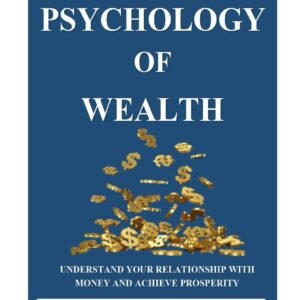
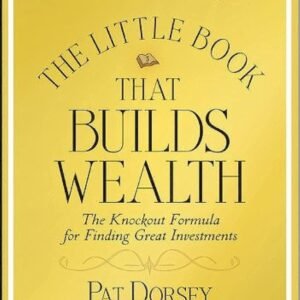
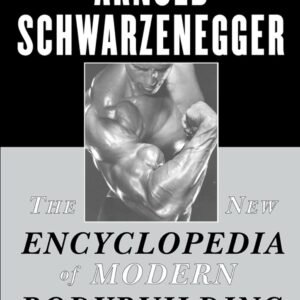
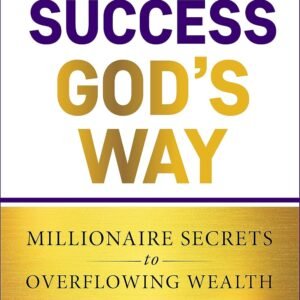

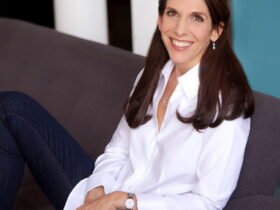
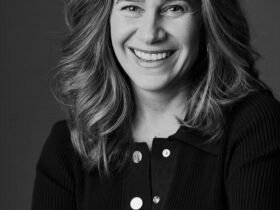
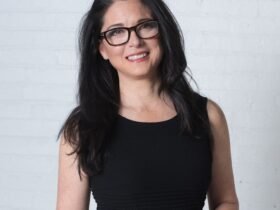
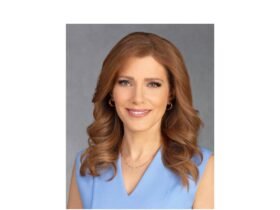



Leave a Reply